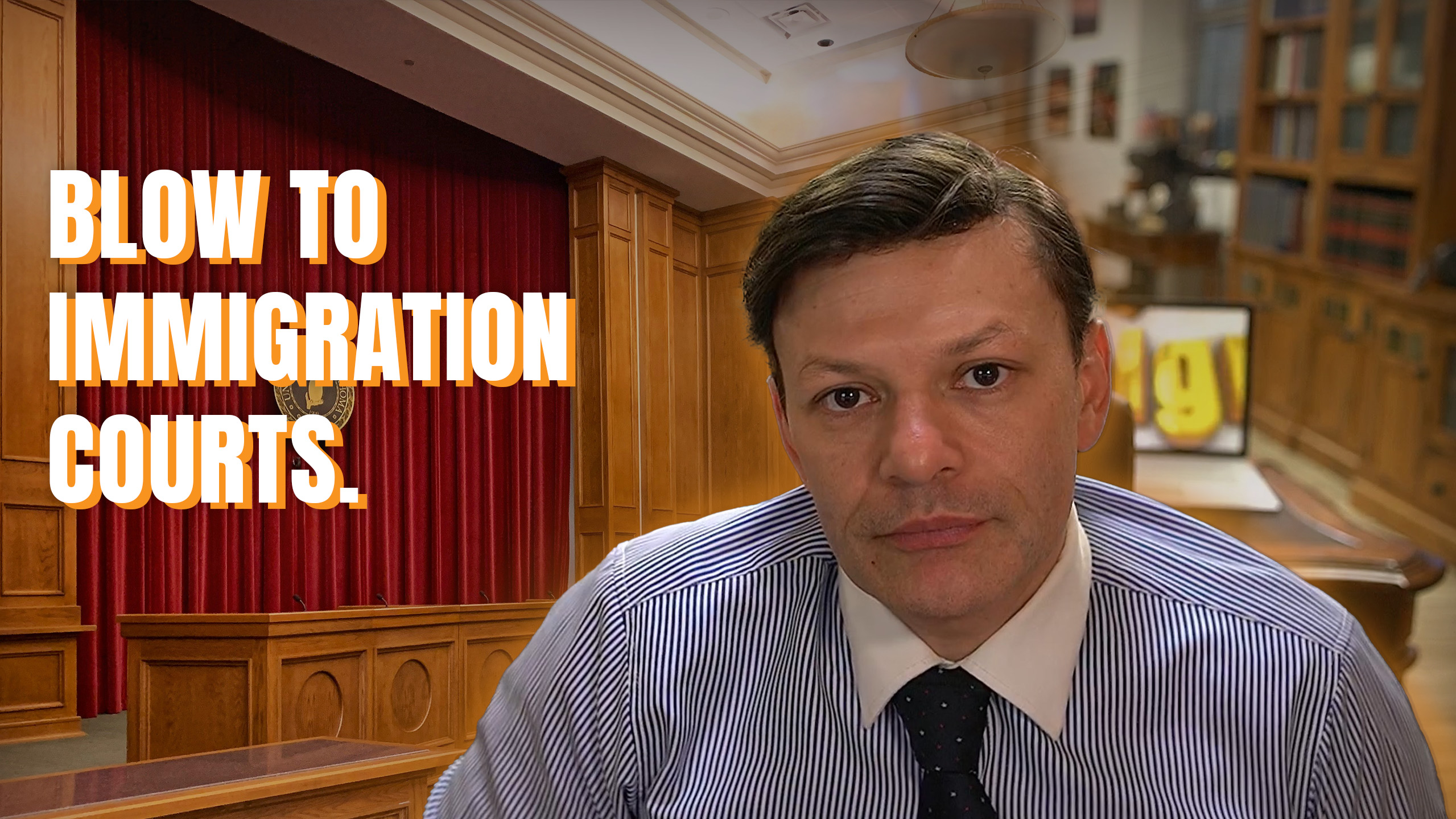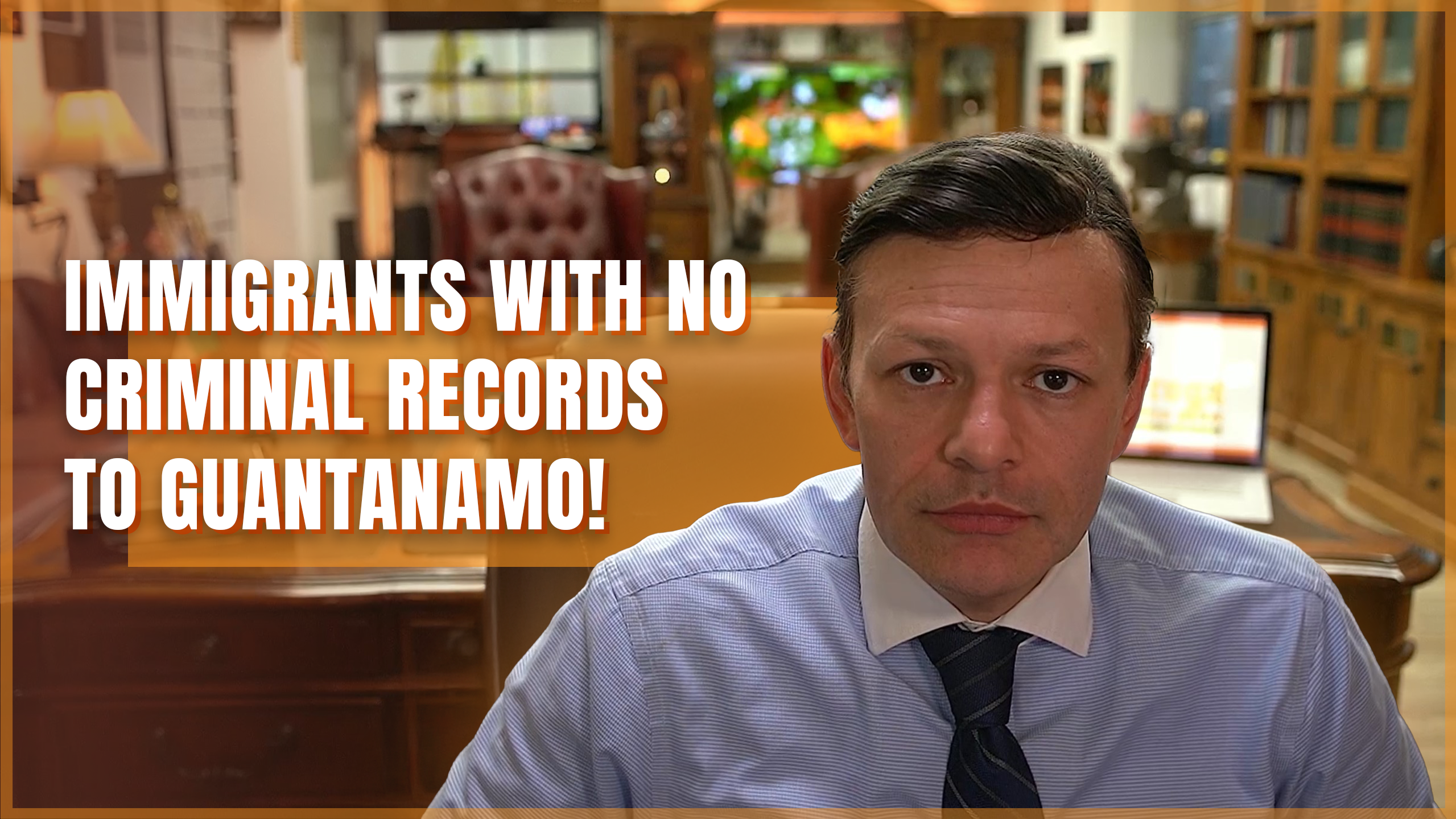10 essential questions about immigration
It is quite common to hear negative comments about the migration of people to our countries. However, most of these comments are unfounded.
For millions of people, migration represents the opportunity to start a new life, study, work, and, contribute to the community they arrive.
Also read: How do we as immigrants contribute to society?
For this reason, Quiroga Law Office presents you with ten immigration questions that will clarify your doubts.
- Why do migrants leave their countries?
In some cases, migrants escape their countries of origin due to situations beyond their control (violence, crime). Their main motivation is to protect their lives and seek a better situation for themselves and their families.
As unprotected, they look for safety in places where they can exercise their rights. Therefore, host countries must commit to offering the required assistance as much as possible.
Providing new life opportunities to those who need them is the best way to be exemplary citizens.
- Are there terrorists among the arriving migrants?
Defaming the immigrant community linking it to a cross-border phenomenon is discriminatory. On many occasions, the criminal acts committed were carried out by people who already resided in those countries.
Immigrants are doctors, nurses, agricultural workers, and people in the food and service sector. Each one of them looks for an opportunity to contribute to the community that receives them and a chance to show what they know and do.
- Shouldn’t countries be focused on helping their citizens first?
Many immigrants look in other countries for the opportunities that their origin places denied them. They mostly migrate trying to find support, and a chance to start a new life.
Fighting for their rights and freedom is also part of the fight for a better society, where there are no racial, religious, or social barriers at all.
- What can be done to include migrants?
Most likely, after arriving migrants will seek support in the community of their own nationality or language. It is important that the countries that receive them can make them part of their community.
But this is not only achieved through help and charity, but it can also be by providing educational and professional training. Thus, immigrants will become part of the local labor market, and will also contribute to the economy of the community that received them.
- What if those migrants practice a different religion?
Trying to change the sociocultural characteristics of immigrants is not right. In most countries of the world religious tolerance is a fact.
Interfaith dialogue is essential for peaceful societies. Instead of trying to impose some beliefs over others, it is better to work together so that there is harmony between the members of the community.
- So will the migrants take away jobs from the locals?
Although it is true that many immigrants are qualified professionals, it does not mean that they will take the locals’ jobs. On the contrary, immigrants complement sectors related to health care, science, and technology.
In the United States, they also carry out essential tasks such as agricultural work, construction, transportation of food and goods, and take care of children and elders at home.
- What will happen to pensions, will they be affected?
In several countries of the ‘first world’, there is a demographic decline in the population. This means that there will be fewer people contributing to pension systems.
Migrants with work authorization are a key part of the economy since their contributions allow the pension system to continue operating. Furthermore, many of them are young and inf working age.
- From which regions of the world do immigrants come to the United States?
According to figures from the Economic Policy Institute (EPI), the majority of immigrants who receive legal permanent resident status come from Asia, Europe, North and South America.
The countries that contribute the most permanent legal residents for work are India, China, South Korea, the Philippines, and Mexico.
- Can I work in the United States without emigrating?
Yes, you can. You can do it with a “non-immigrant visa.” This visa allows the beneficiary to remain in the United States for a specific time, as established by law.
The worker will be authorized to work on his/her field of knowledge, but this does not necessarily imply that there is a condition of permanent residence or citizenship.
- What should I do if I want to emigrate to the United States?
The first thing to consider is that you legally enter the United States. This will ensure that your stay in the country is free from problems with law enforcement.
You will have to start your process, considering your main motivation and your destination inside the country. Also, you must carry out the necessary procedures to formalize your entry into the country.
We strongly suggest that you seek the advice of a certified immigration attorney, so that your case is handled appropriately.
At Quiroga Law Office we are willing to help, we can advise you with the immigration procedures that you and your family need. Do not hesitate to contact us, our team of lawyers will take care of your case and will be with you throughout the process.
Request a consultation here or call us, 509-414-7985


